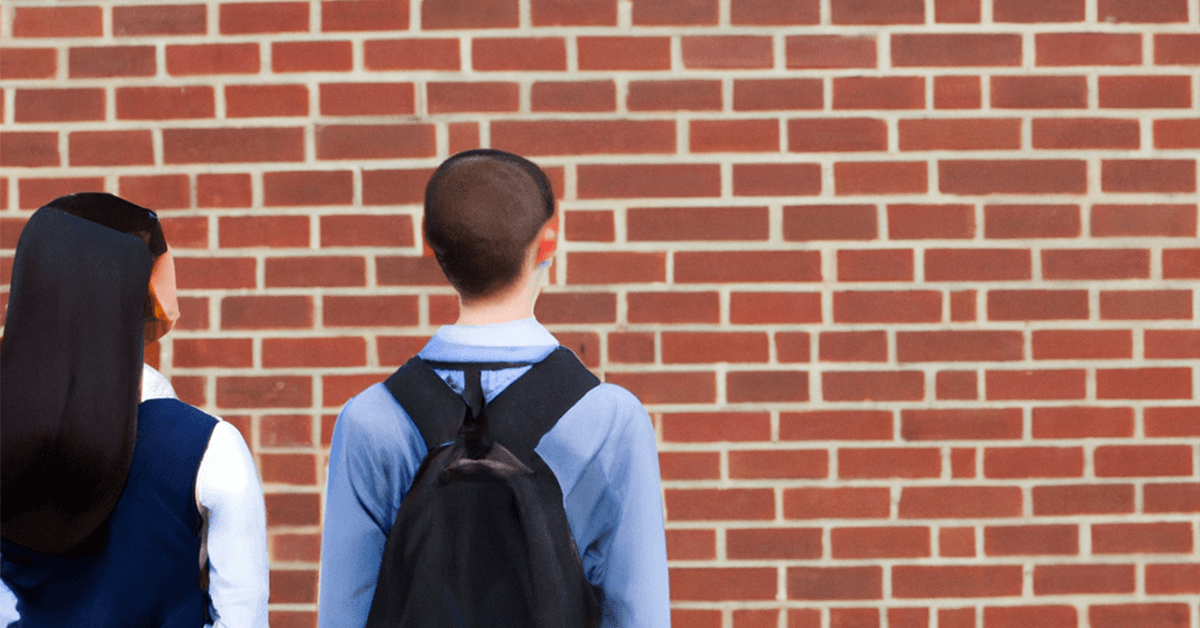May 9, 2023
“If there is a meaning in life at all, then there must be a meaning in suffering. Suffering is an ineradicable part of life, even as fate and death. Without suffering and death, human life cannot be complete.”
Viktor Frankl, Man’s Search for Meaning
During the third quarter of Super Bowl XVIII in 1984 (the Raiders beat the Redskins 38-9), Apple released what is largely considered the greatest commercial of all time. The goal was simple and ambitious: shatter the fears people had about computers engineering compliance, conformity, and control through surveillance. Directed by Ridley Scott (Blade Runner, 1982), the commercial recreated a dystopian scene from George Orwell’s 1984, a novel that introduced “Big Brother,” what has become a cultural euphemism for the abuse of surveillance techniques by a powerful authority, traditionally a government. In the commercial, real skinheads hired in London—used to emphasize their lack of individual identity—march to their seats as the voice and face of “Big Brother,” projected by a large telescreen, compels their automatonic movements:
“Today we celebrate the first glorious anniversary of the Information Purification Directives. We have created for the first time in…



